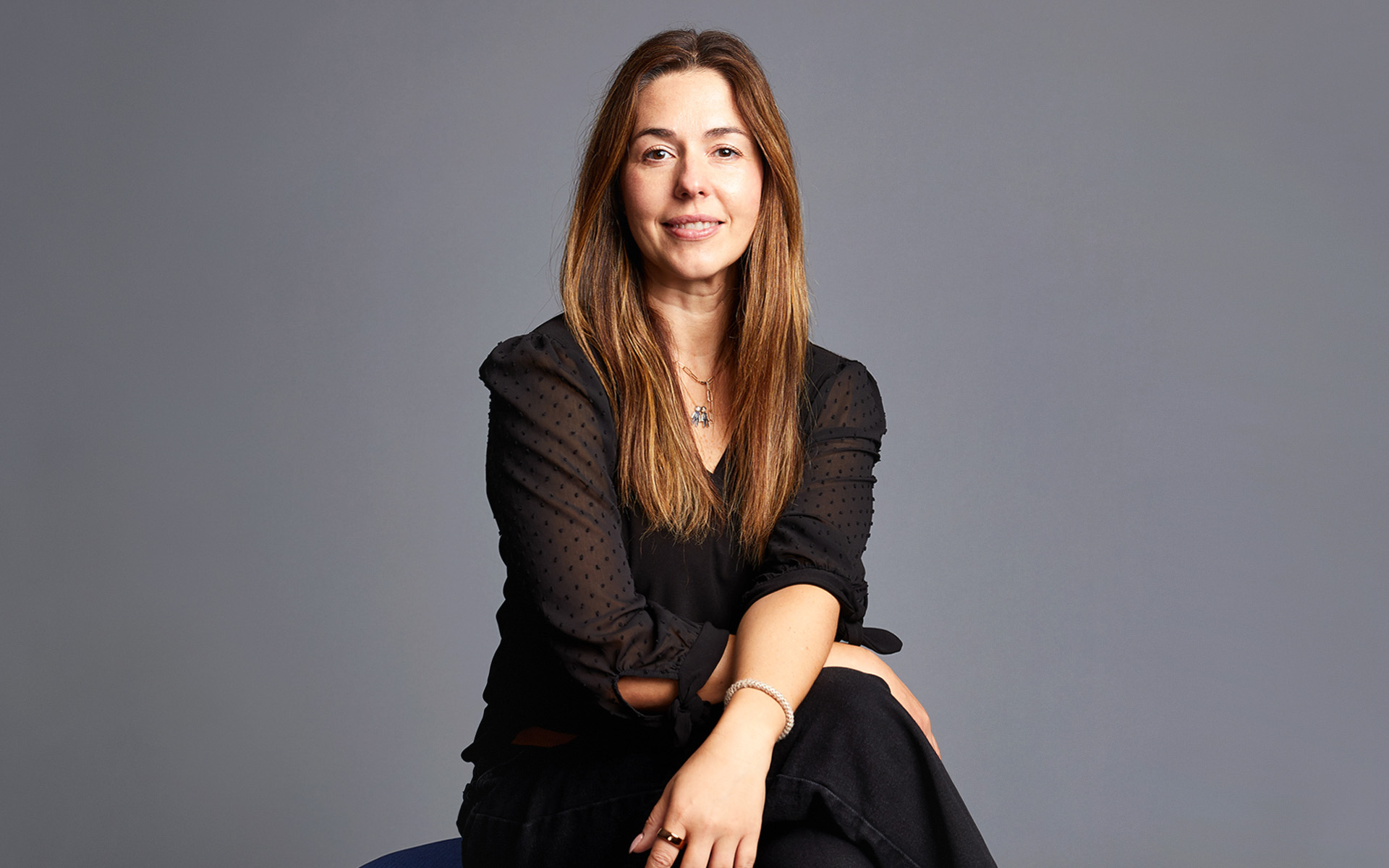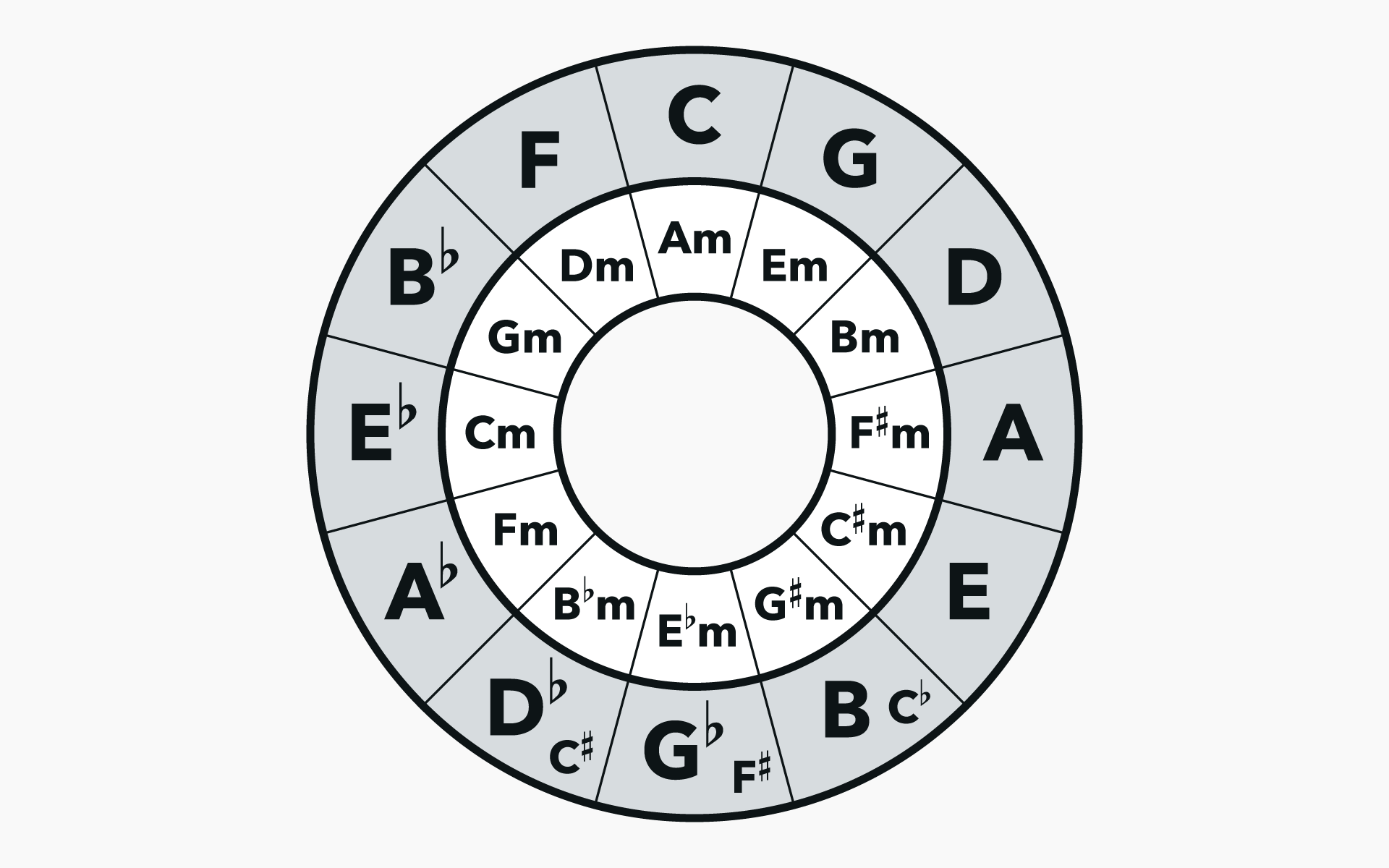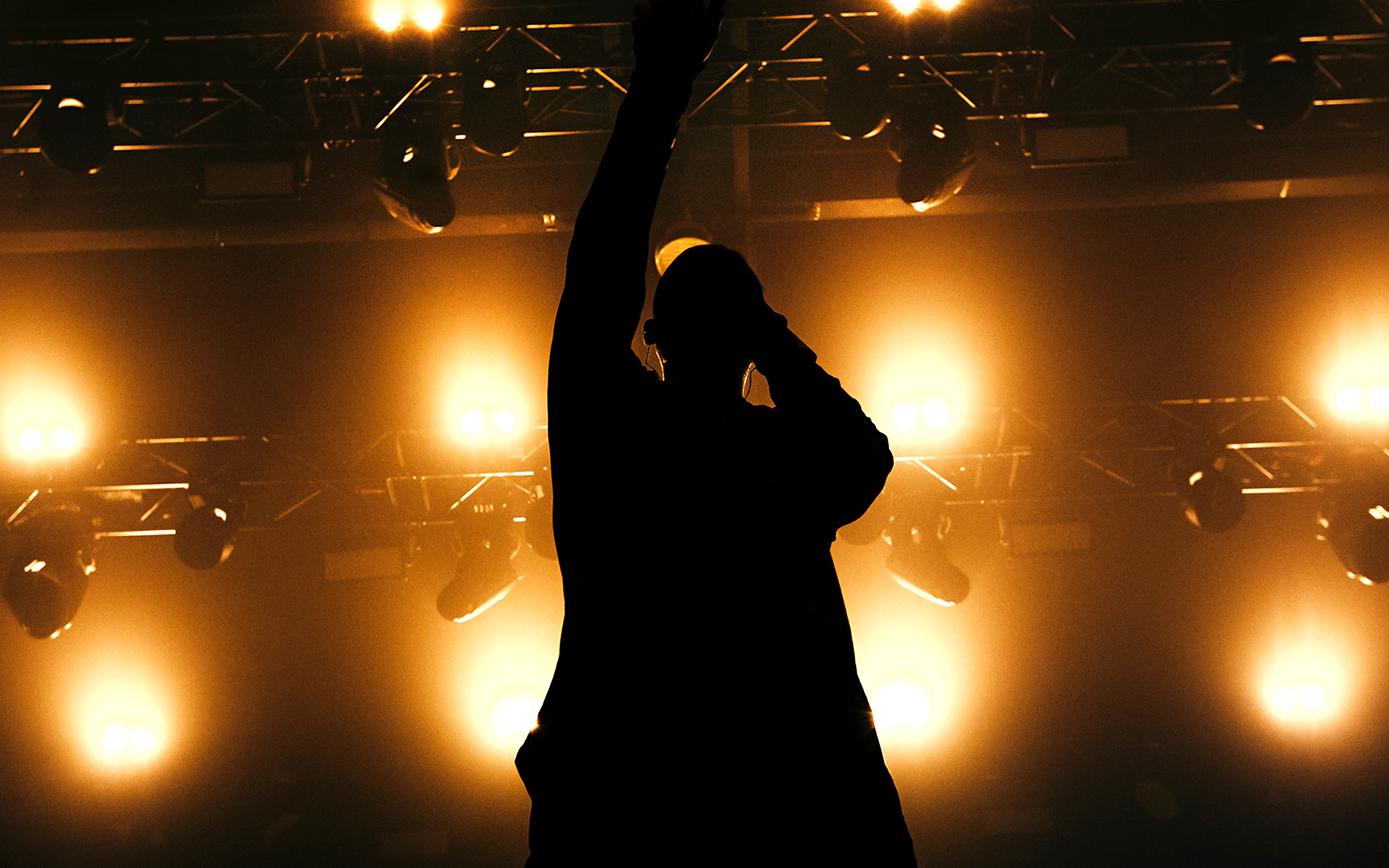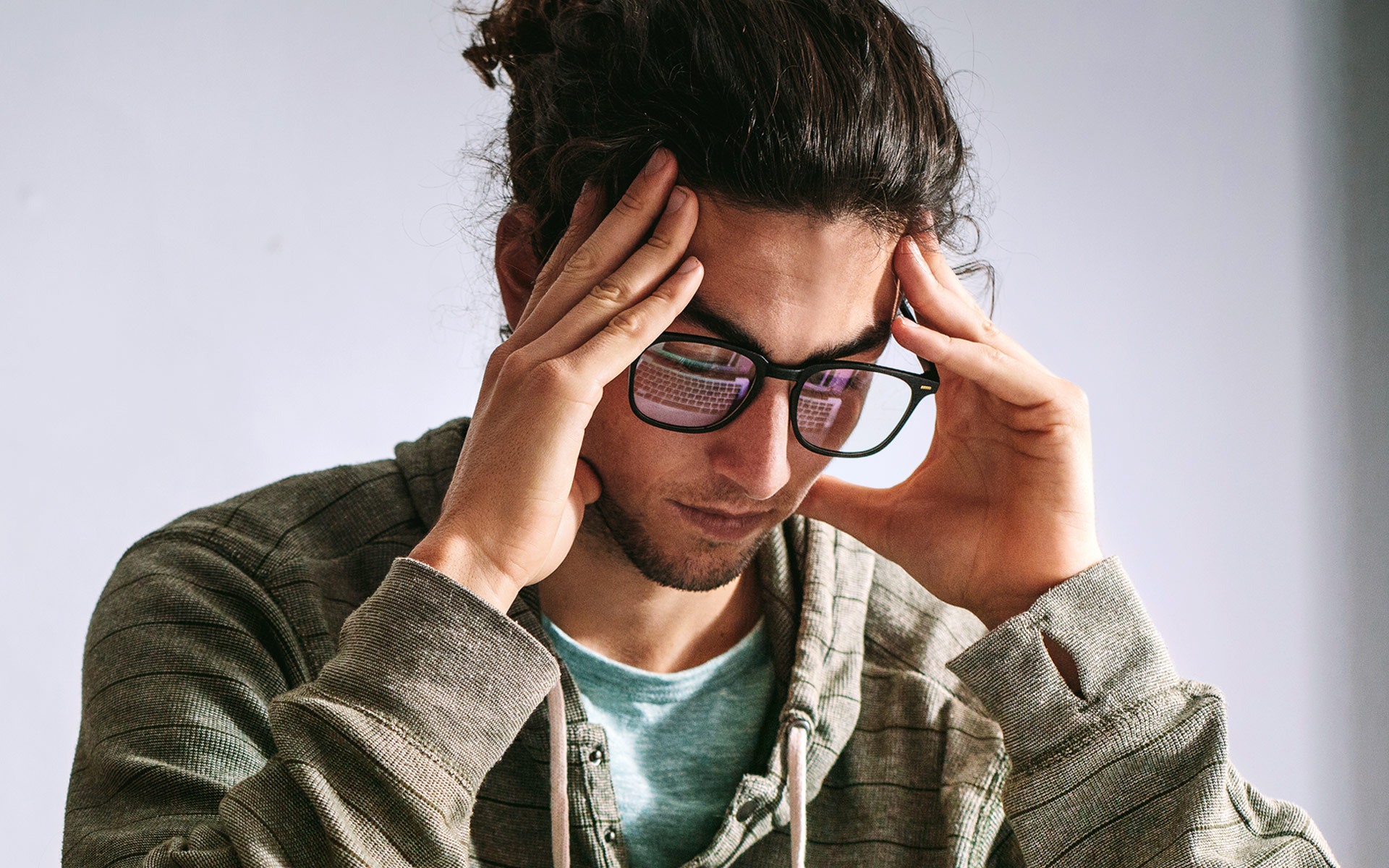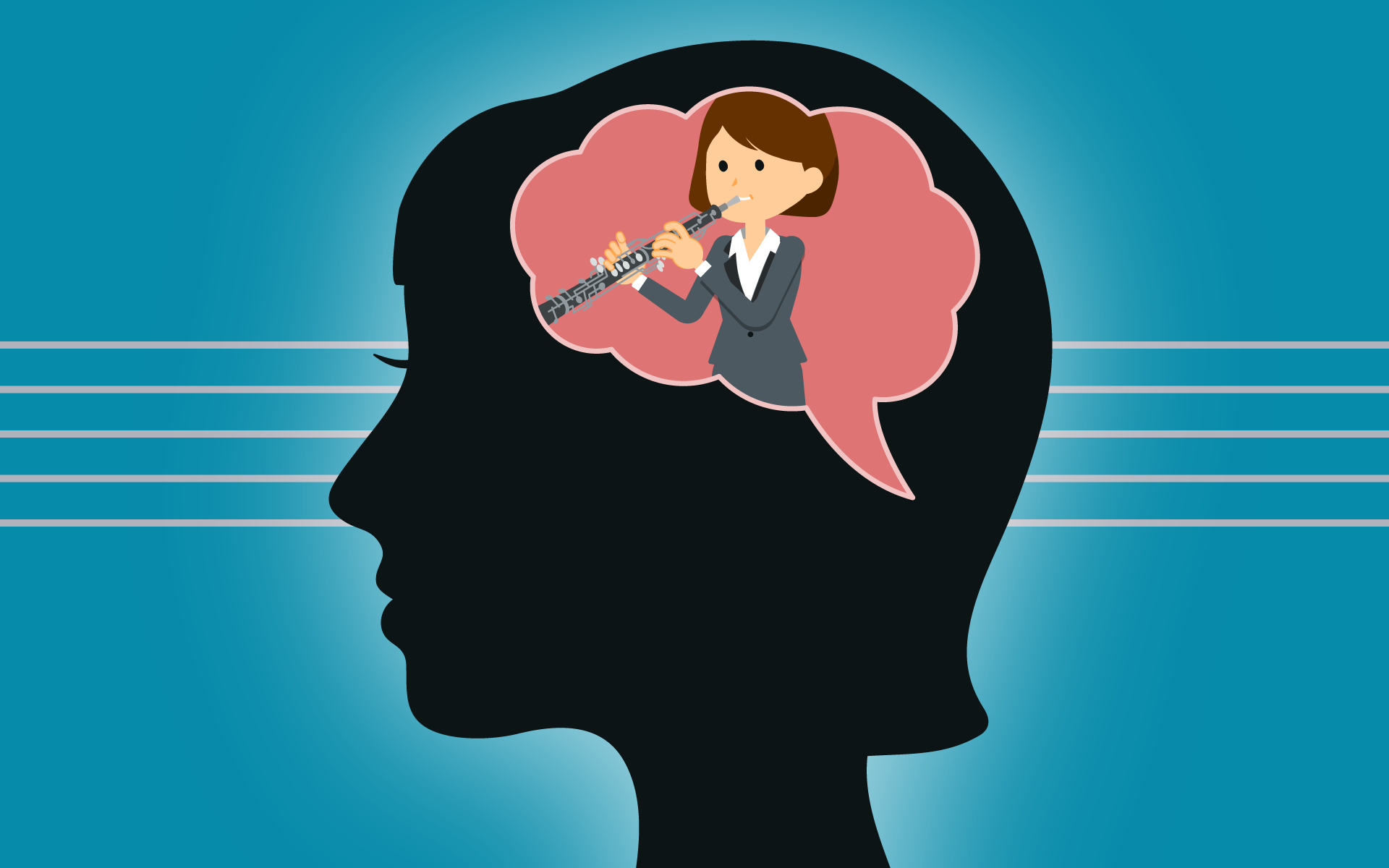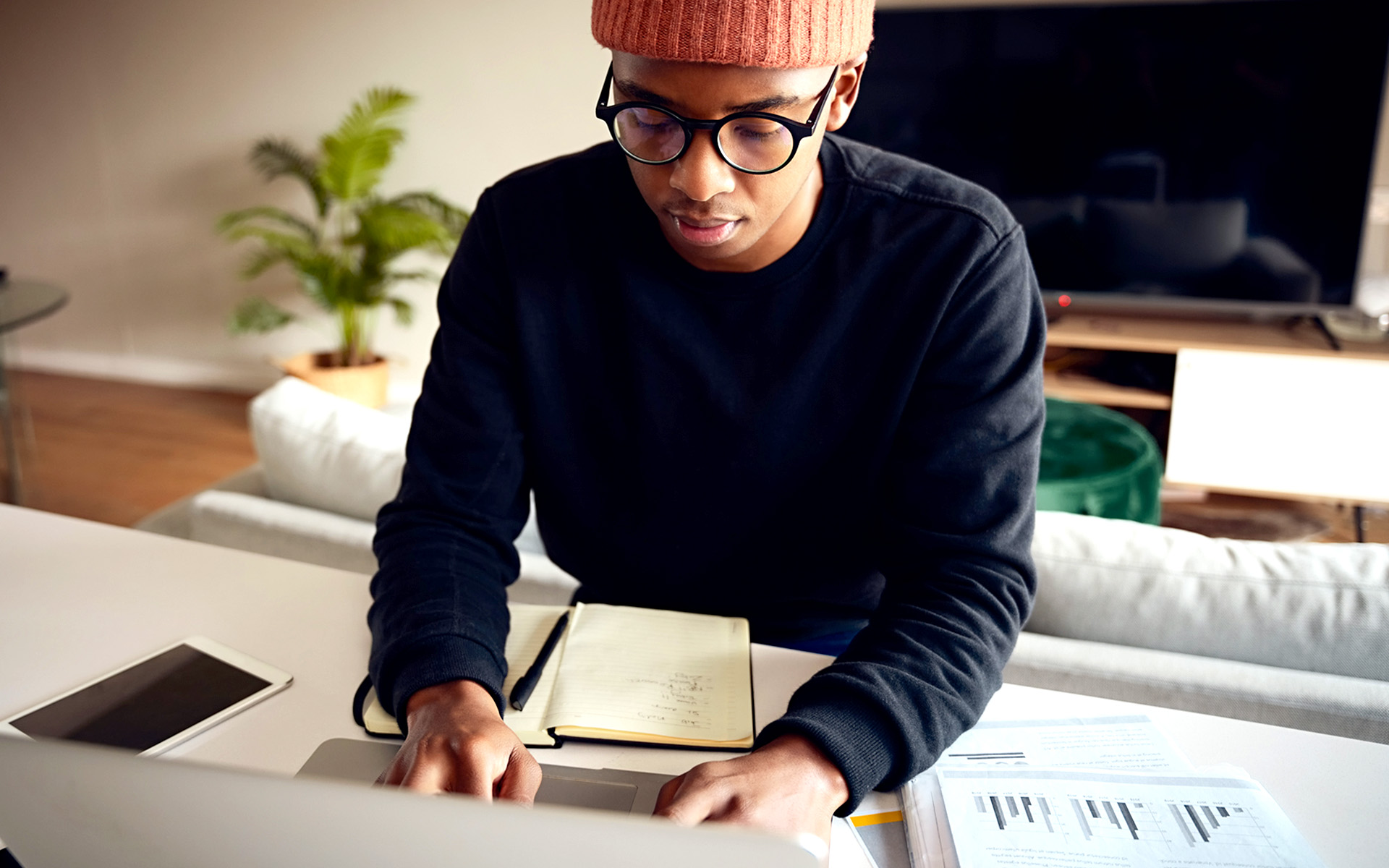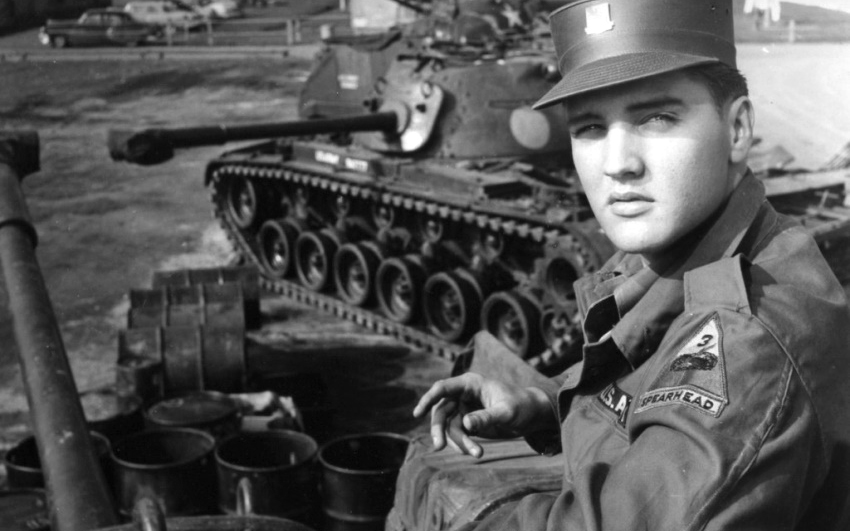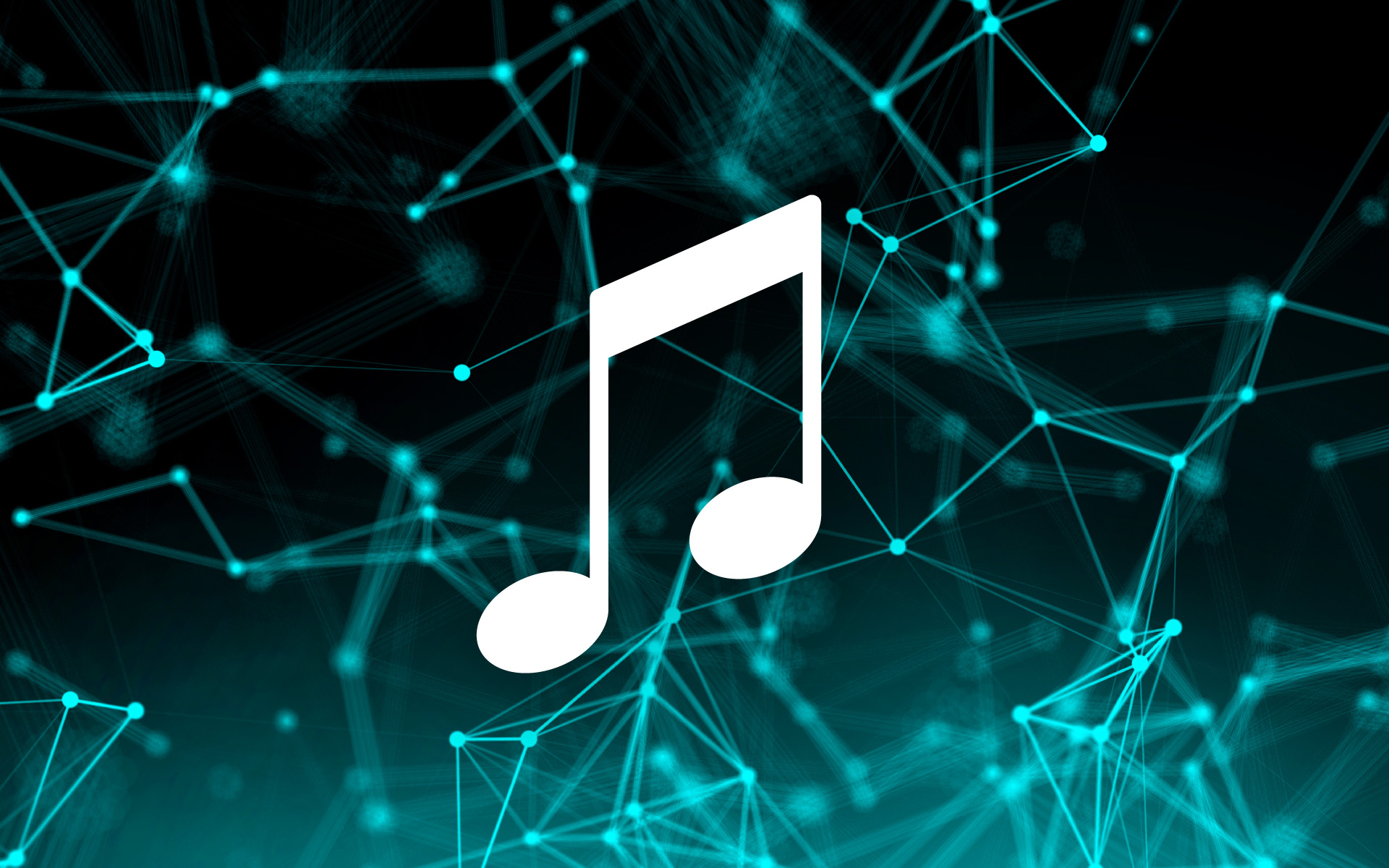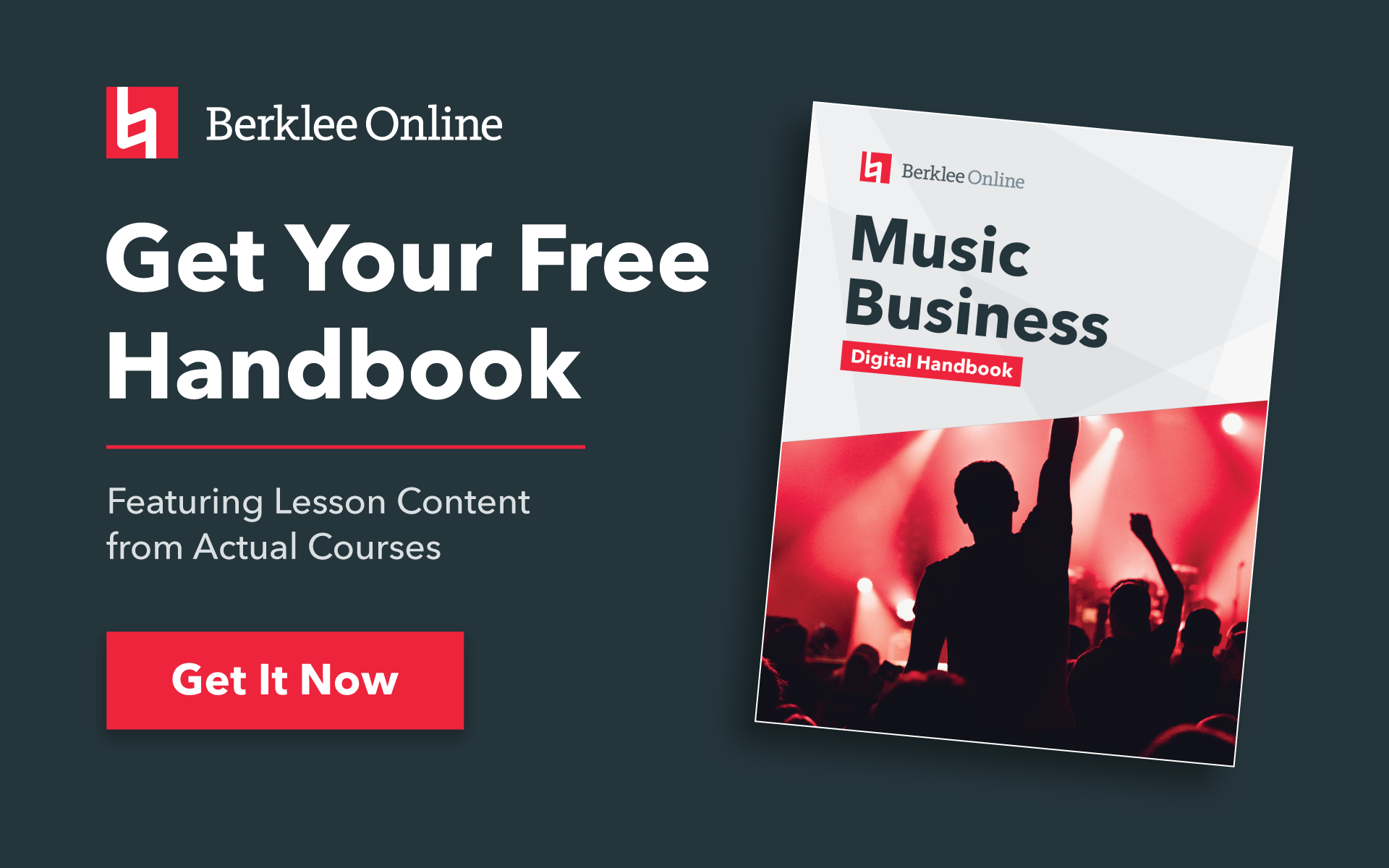If there’s anyone who understands the struggle that musicians are facing during the coronavirus pandemic, it’s Claudia Glaser Mussen, a musician and therapist. Glaser Mussen has been conducting teletherapy from her apartment in New York City through her private practice and as a volunteer for Backline, a nonprofit that offers mental health care to music industry professionals and their families. She says that lately, the demand has been overwhelming.
“It’s not like a hurricane where there’s a beginning, middle, and an end, or an earthquake where there will be rebuilding and we know a certain timeframe,” says Glaser Mussen. “There’s a tremendous amount of fear out there and pain.”
Glaser Mussen’s career in counseling began more than 15 years ago at New York University’s School of Social Work, where she started doing crisis counseling for students. As a singer, she found herself gravitating toward students in the performing arts.
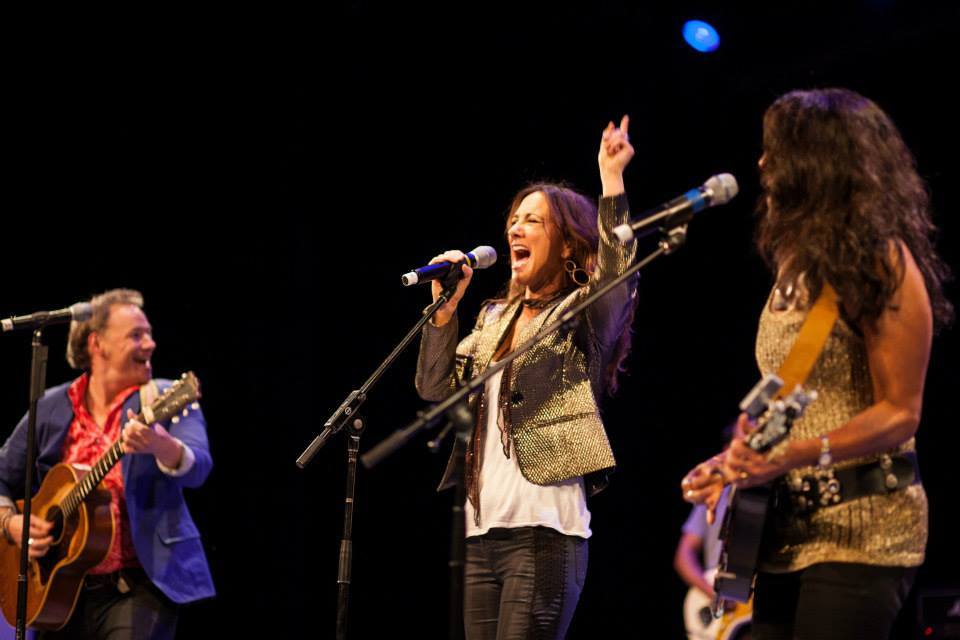
“There’s a particular challenge for people who are performing artists,” she says. “It’s really gig to gig, show to show, and so there’s an inherent insecurity in the work. I think that there’s a reality in being a performer where you’re kind of on top of the world and the gigs are coming in, and then there’s a dry spell and then panic might set in.”
The pandemic is triggering a lot of doubt and insecurities in Glaser Mussen’s patients who are musicians.
“I actually had somebody in my office say, ‘My God, did I make the right decision to be a musician?’” she says. “This was somebody that was working constantly and consistently.”
Glaser Mussen has few healthy ways that musicians can care for their mental health during this time and cope with the uncertainties. These tips do not take the place of seeing a mental health professional.
1. Connect, Connect, Connect
Take time every day to connect with people who are supportive and positive. As social creatures, it’s important to find ways to talk to others while social distancing. Call or video chat with your family members and friends. Reach out to your colleagues who are also musicians and who can identify with the specific problems you are experiencing.
“We can’t do too much alone,” says Glaser Mussen. “We’re already feeling more isolated than we’ve ever felt, at least in our generation. So what we want to do is break isolation, and we can do things together that can help.”
2. Breathe
When we are experiencing anxiety, one thing we can do is notice what’s happening to our bodies. The physiological response to a threat is that we either go into states of fight, flight, or freeze. To reach a more regulated emotional state, Glaser Mussen recommends this breathing exercise:
Put one hand on your chest, the other hand on your lower belly, and close your eyes. Breathe in through your nose, hold for five counts, and breathe out through your mouth. Repeat as necessary.
“As you’re doing that, notice if there’s any shift in your anxiety and if you drop down into anything that feels a little more regulated inside because sociologically, we are experiencing a threat,” she says.
3. Engage Your Senses
If you are feeling anxious, another way to help ground yourself is by engaging all five of your senses: sight, sound, touch, taste, and smell.
“Just look around your room,” says Glaser Mussen. “Go, ‘Oh, there’s my tissue box. There’s my cat. There’s my ottoman.’ Whatever it is, just to wake up your senses a little bit. Roll your shoulders and move your legs and feel your feet on the ground. And then go and smell something that you like, and then go put on music that you love.”
4. Move
Moderate exercise is a great way to refocus your energy while taking advantage of the mental and physical benefits. There are thousands of free workout videos on YouTube and several workout apps are offering free trials right now. It’s also a good excuse to get outside and go for a walk or jog—while keeping six feet of distance between others, of course. Glaser Mussen suggests exercising or meditating with your friends through video chat to hold each other accountable while engaging in tip No. 1, connection.
“If you’ve never exercised, now is your time,” she says.
5. Disconnect from Too Much Social Media
Social media is a great way to connect with people while keeping social distance, but it’s easy to overdo. There’s a fine line between staying informed and bogging yourself down in posts and articles that might make you sad. Try using social media to connect with others by sharing, commenting, and liking, as opposed to passively scrolling. And know when to give it a rest.
6. Find Creative Ways to Make Money
Many musicians are performing live Facebook or Instagram concerts in place of canceled shows. Glaser Mussen stresses that you should not feel bad about charging a nominal fee and including a link to Venmo, PayPal, etc.
“People feel a lot of shame asking for that,” she says. “But I say, that’s your job. My job is now doing teletherapy, and while I’ve reduced my fee significantly, it’s still my work. As a musician, it’s still your job. It’s your work. You’re entitled to make some money.”
Learn more about Claudia Glaser Mussen and the nonprofit Backline.

